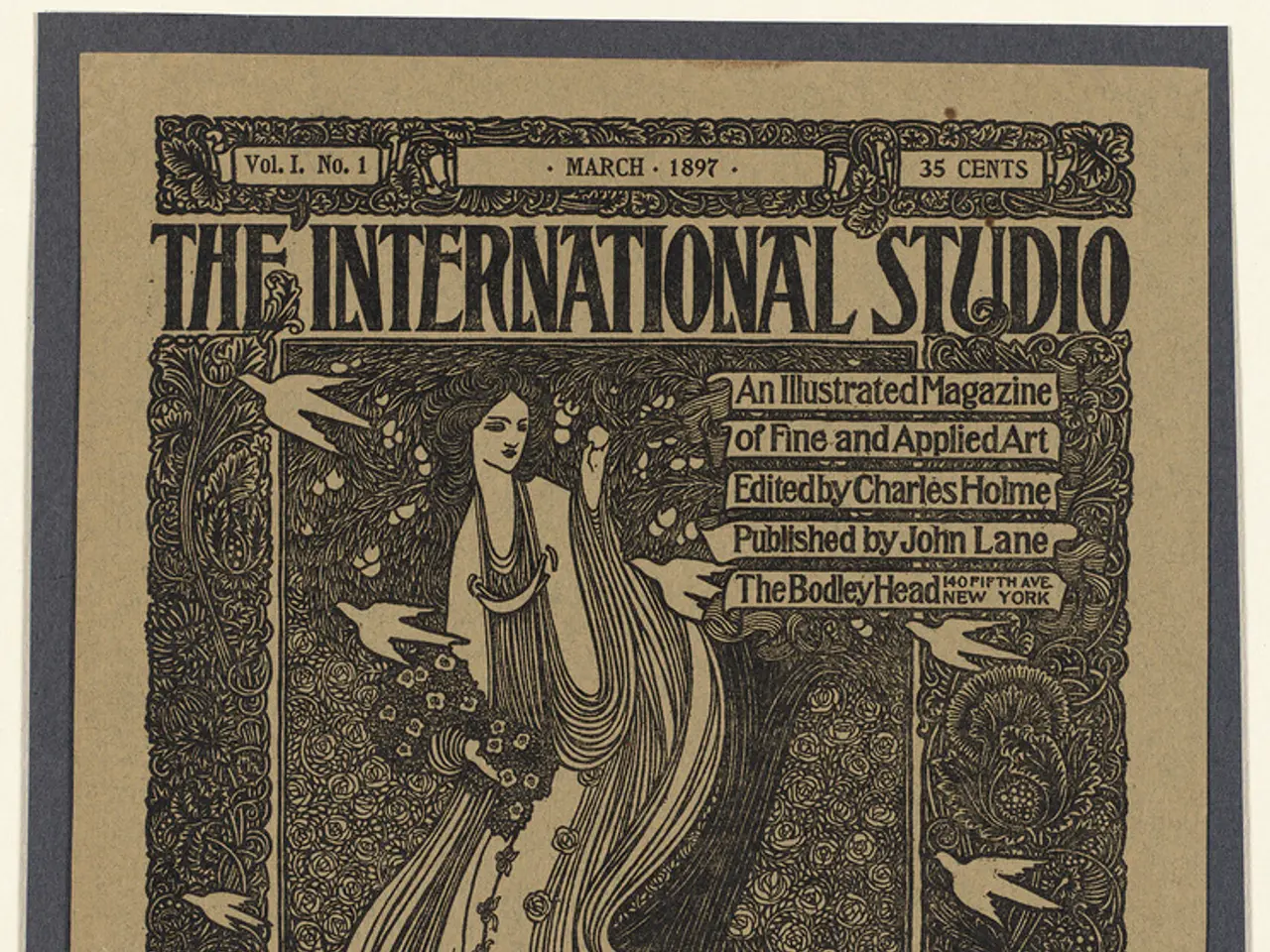The Evolution of 'Excess' as the Ultimate Negative Label for Women
In the realm of reality television, Love Island USA's Amaya Espinal, affectionately known as Amaya Papaya, has become a breakout star. Her refreshingly raw and unfiltered energy has captured the hearts of fans, but her emotional intensity has also sparked debates about cultural double standards surrounding women's emotional expression.
Amaya's emotional nature is a testament to her strength, despite it being perceived as a weakness by many. This is a sentiment echoed by Lena Dunham's new Netflix show, "Too Much," which portrays a heartbroken New Yorker who is chaotic, unhinged, and wildly unfiltered.
However, this portrayal of women who embrace big, intense feelings is not without controversy. Women's expressions of emotions like anger, frustration, or distrust toward men are often dismissed or pathologized, while men's similar expressions are normalized or taken seriously. This dynamic exists within a system where misogyny is institutionalized, manifesting in violence, harassment, wage gaps, and systemic inequalities.
The media plays a significant role in reinforcing these double standards. Women are disproportionately shown in terms of physical appearance rather than agency or intellect, often portrayed as dependent, decision-incompetent, or sexual objects. These portrayals contribute to societal expectations that women should conform emotionally by being agreeable, passive, or nurturing, while anger or assertiveness undermines their femininity and likability.
Reality TV examples, such as Love Island USA, illustrate how emotional expression by women is policed and criticized under a double standard. Contestants like Amaya have been criticized for being "too affectionate" or "too emotional," whereas similar behaviors in men are often framed as rational or acceptable.
Beyond personal relationships, women face harsher criticism for displays of emotion or care effort at work, whereas men may receive praise for similar or lesser engagement. This upholds a moralization of gendered labor and caregiving roles that further constrains emotional authenticity for women.
For women in media and interpersonal relationships, the cultural policing of emotions can undermine their ability to communicate authentically and assert boundaries. Women's anger or frustration is frequently reframed as irrational or aggressive, which can delegitimize their experiences and needs, often contributing to emotional labor burdens or relationship inequities.
Addressing these biases requires critically examining media portrayals, promoting cultural awareness, and validating diverse emotional expressions to foster equity in both the public sphere and personal relationships. As Sabrina Romanoff, a New York City-based clinical psychologist, suggests, noticing when one is shrinking or apologizing for emotions is a step towards embracing emotional intelligence.
In a viral moment, Amaya tearfully defended herself by saying, "God forbid I'm a sensitive gangsta." This statement encapsulates the struggle many women face in balancing their emotional nature with societal expectations. The author identifies with this experience of being told they're "too much."
The world may still try to punish those who wear their hearts on their sleeves and be "too much," but it's important to be the woman who cries when she's hurting, says "I love you" freely, asks for reassurance without shame, and declares life with enthusiasm. Embracing big, intense feelings and stopping the apology for being human is a way to dismantle outdated, sexist double standards.
- Amaya Espinal's emotional intensity on Love Island USA has led to debates about cultural double standards, reflecting the portrayal of women in Lena Dunham's Netflix show "Too Much."
- Women's emotional expressions, like anger, frustration, or distrust, are often dismissed or pathologized, while men exhibiting similar emotions are normalized or taken seriously.
- The media, including reality TV shows like Love Island USA, reinforce these double standards by focusing on women's physical appearance over agency or intellect, presenting them as dependent, decision-incompetent, or sexual objects.
- In both personal relationships and the workplace, women face harsher criticism for displays of emotion or care effort compared to men, who may receive praise for similar or lesser engagement.
- Addressing these biases involves critically examining media portrayals, promoting cultural awareness, and validating diverse emotional expressions to foster equity in both the public sphere and personal relationships.
- In personal growth and self-development, recognizing when one is shrinking or apologizing for emotions can lead to emotional intelligence, like Amaya Espinal who defended herself by saying, "God forbid I'm a sensitive gangsta."
- Embracing big, intense feelings and stopping the apology for being human is a way to dismantle outdated, sexist double standards in fashion-and-beauty, love-and-dating, education-and-self-development, and lifestyle, empowering women to express their feelings freely without fear of judgement or punishment.




